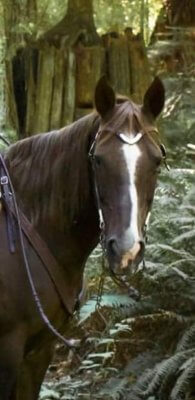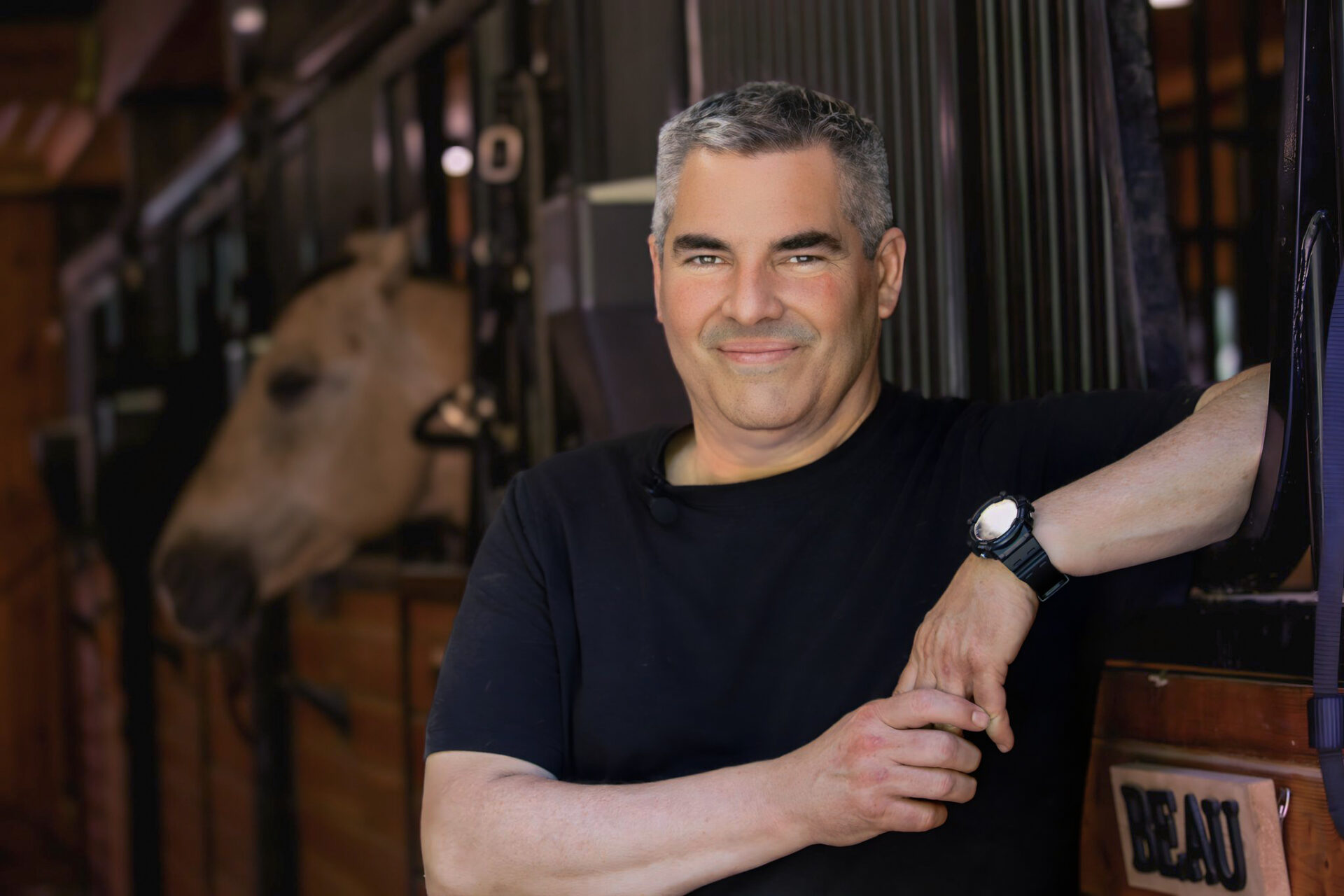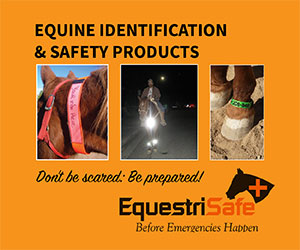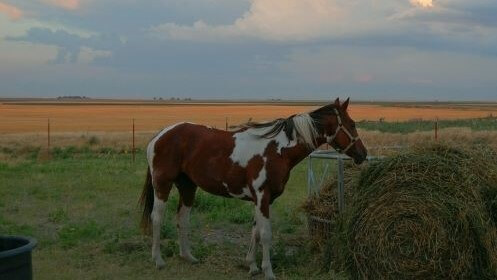Aging is a mystery to science. We know that we age, we know how we age, but we don’t know why we age. The answer to that question would unlock some of geriatric medicine’s most puzzling dilemmas.
Before I entered university as a student, I had a particular interest in geriatric horses and wanted to improve their lives. Later, when I became an instructor of biology at Panhandle State, my interest in geriatric care for horses increased as I learned more about the effects of aging and its physiological aspects. By that time, my own horse had entered her twilight years, so my focus became even more acute.
The things I learned and applied to her care I also used on horses that came to my ranch for rehabilitation. Today it is still a particular interest of mine, and one that I do not think our equine community focuses on enough.
As horses (or humans) age, so does our DNA. Our DNA is the set of instructions for how every cell is created and how they function. One interesting fact of the aging process is that as DNA ages it becomes less “precise” in how it builds cells—especially proteins. To put it another way, it’s like the body, using its DNA, is constructing a bookshelf.

When you are young the DNA is very precise and the bookshelf is completed with no gaps in the joints, no nicks or scratches, looking like a beautiful luxury piece of furniture. When you are old, however, the same DNA that produced the luxury piece earlier still produces a nice piece of furniture, but you can see gaps in the joints and a slight change in finish here and there. This is why our skin becomes thin and wrinkles as we age; the DNA cannot produce the same high-quality proteins it did when you were young when it produced smooth, wrinkle-free skin.
With this in mind we can better envision how this lower-quality cellular production can affect an aging horse. And it affects everything—from how well the joints lubricate to how well the stomach digests forage.
Did your horse once enjoy timothy hay but now you find out he has an allergy to it? Aging cellular function can change immune responses just like any other function, so as horses age they may develop new allergies to substances that never bothered them before. Does your horse colic now when it didn’t before? Production of stomach acids and intestinal movements are direct results of the vibrancy of the cells that make up the stomach and intestines. Aged cells may not be able to function as well as they used to, making colic more likely as horses get older.
Now that we understand the effects that aging cells have on our equine companions, what can we do for them? Well, the best and most effective thing you can do for them, aside from making sure they have a comfortable place to rest and reduced performance demands, is to observe them. Take a step back and ask yourself if they are acting, performing, and feeling as they always have, or are they behaving differently? Keep in mind that horses are prey animals, and as such they do not show weakness or pain very readily. You will have to pay very close attention. When you do see something, you should not be surprised.
Understanding the aging process can also take away any blinders you may have about your horse. Instead of relying on the fact your horse has never coliced before, open your mind so that you can observe the early signs rather than dismiss them out of prejudice.
Caring for an aging horse is not easy, but if we pay attention and understand how they age, we can do a better job of caring for them in their twilight years.
See this article in the 2020 December online edition:

Michael is a lifelong student of the horse, from his childhood in Texas ranch country to his work with conservation districts all over Washington State protecting natural resources while also improving the lives of horses and their human companions. Hipp Equine Consulting serves horse owners across the country as well as conducting workshops at local stables on property management, horse behavior, chore management, and many other practical topics.
hippequine@outlook.com
(425)-314-9980






